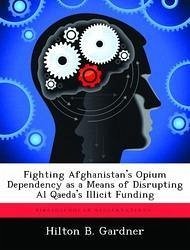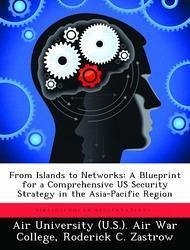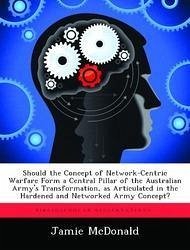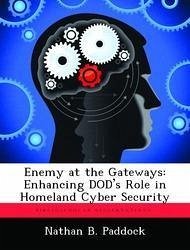Nicht lieferbar
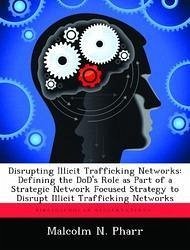
Disrupting Illicit Trafficking Networks
Defining the Dod's Role as Part of a Strategic Network Focused Strategy to Disrupt Illicit Trafficking Networ
Versandkostenfrei!
Nicht lieferbar
In the twenty-first century, globalization has linked transnational crime, illicit trafficking, and terrorists. These groups were once distinct in function and makeup, but have now become increasingly similar and connected by decentralized networks and financed by an ever-expanding global illicit economy. Collaboratively these illicit networks pose ever-increasing threats to the national security of countries across the globe. Efforts to counter the threats posed by the broad scope of illicit trafficking is being collaboratively developed by governments across the globe. This paper examined a ...
In the twenty-first century, globalization has linked transnational crime, illicit trafficking, and terrorists. These groups were once distinct in function and makeup, but have now become increasingly similar and connected by decentralized networks and financed by an ever-expanding global illicit economy. Collaboratively these illicit networks pose ever-increasing threats to the national security of countries across the globe. Efforts to counter the threats posed by the broad scope of illicit trafficking is being collaboratively developed by governments across the globe. This paper examined a strategic focused network approach at disrupting illicit trafficking networks and defined the U.S. Department of Defenses role within this strategy. The two phases of the strategy, strategic network analysis and strategic network attack, were examined and possible DoD roles evaluated utilizing the provisions for civilian cooperation set up in US Code Title 10, Ch 18 and DoD Directive 3025.15. The evaluation found that although the DoD primarily plays a supporting role in counter illicit trafficking it has unique capabilities and resources that are invaluable to the overall process. The conclusion and recommendations outline the similarities between current DoD counternarcotics trafficking and counterterrorism operations and suggest ways for the DoD to be integrated into the strategy as full and active partners with this interagency and international effort.







